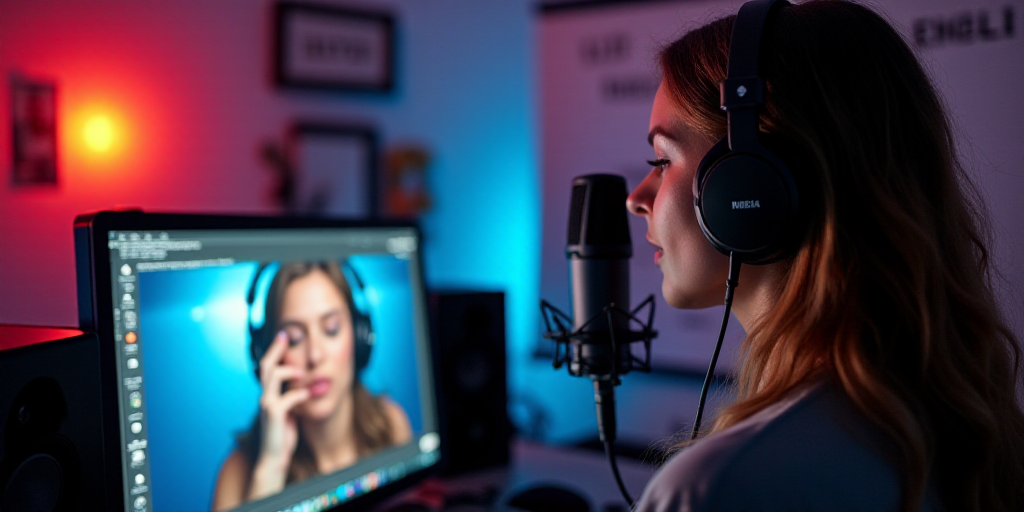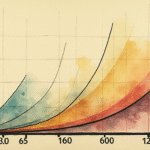Introduction to AI-Generated Music
The music industry is facing a new challenge as artificial intelligence (AI) begins to generate entire bands and their music, potentially shrinking the share of royalties for professional musicians. Groups like Velvet Sundown and Aventhis, The Devil Inside are examples of this trend, with their music gaining over a million streams on Spotify.
The Opacity and Impact of AI-Generated Music
Behind these creations lies a lack of transparency, as the producers of this 100% AI-generated music remain inaccessible. Unlike Deezer, Spotify does not specify which tracks are entirely created using AI technology.
Leo Sidran, an award-winning producer, composer, and performer with an Oscar to his name, predicts that in the near future, we will see a lot of music where it’s unclear who created it or how. He believes this demonstrates the increasing commonality and predictability of many songs.
AI’s Influence on Music Consumption
According to Yung Spielburg, a producer and composer, AI emphasizes the distinction between passive and active listening. Active listening involves engaging with the music, while passive listening occurs during mundane tasks and doesn’t require knowing the artist’s identity.
If AI-generated music becomes sophisticated enough to go unnoticed during passive listening, record labels and companies may opt for AI-generated content because it eliminates the need to pay royalties, according to Dennis DeSantis, a professor at the University of Rochester.
Decline in Music Creation Opportunities
Although these pieces are only partially created using AI, the phenomenon still reduces the available work for musicians. Mathieu Gendreau, a professor at Rowan University and industry expert, warns that musicians will find it even more challenging to earn a living.
Sidran has noticed a “significant slowdown” in industry activity since last fall, a sentiment shared by his contacts. He suspects AI is a significant factor in this change.
The Future of the Music Industry
George Howard, a professor at the Berklee College of Music, considers AI an unprecedented challenge compared to previous technological advancements in the music industry, such as radio, streaming, beatbox, and Pro Tools software.
Howard suggests that the solution may lie in legal battles between rights holders and AI-generating giants, a process that could take months or years to resolve.
Despite the difficult environment since the early 2000s, Gendreau acknowledges that AI will likely remain due to its affordability and practicality.
To help students adapt, Gendreau encourages them to be entrepreneurial and diversify their activities beyond music.
Sidran remains optimistic, seeing an opportunity for artists to emphasize their unique qualities rather than trying to replicate what AI can achieve.
Key Questions and Answers
- What is the main concern regarding AI-generated music? The primary concern is that AI-generated music may reduce the royalties available for professional musicians, making it harder for them to earn a living.
- How does AI impact music consumption? AI-generated music can blur the lines between passive and active listening. If it becomes sophisticated enough, record labels may prefer AI-generated content to avoid royalty payments.
- What challenges does the music industry face due to AI? The music industry faces the challenge of adapting to AI-generated content, which could lead to fewer opportunities for human musicians and potentially change how royalties are distributed.
- How can musicians adapt to this changing landscape? Musicians should embrace entrepreneurship and diversify their skills beyond music to ensure their survival in an AI-driven industry.






